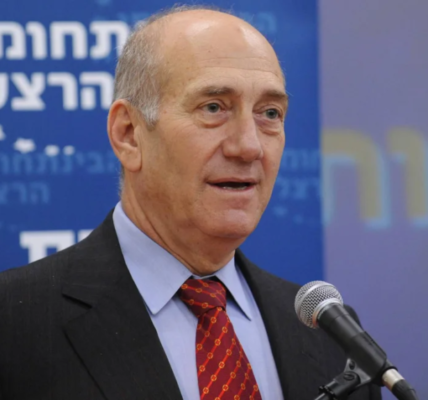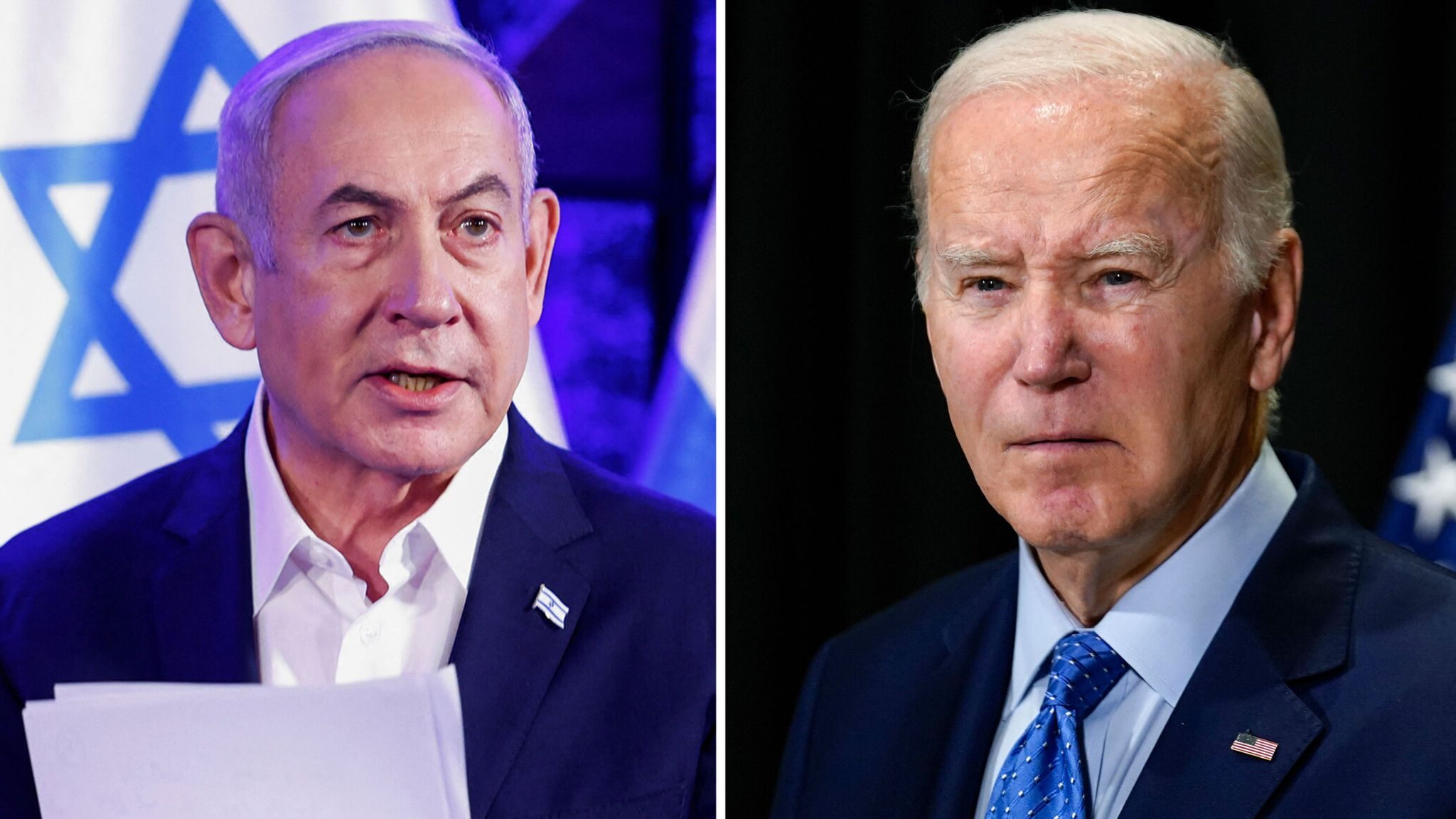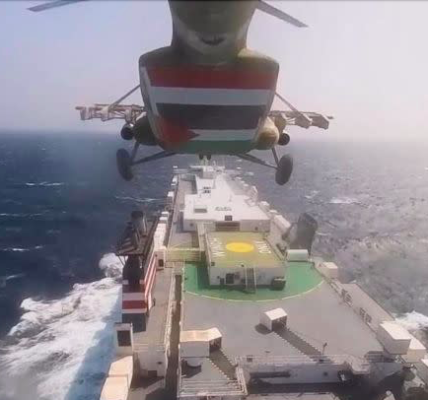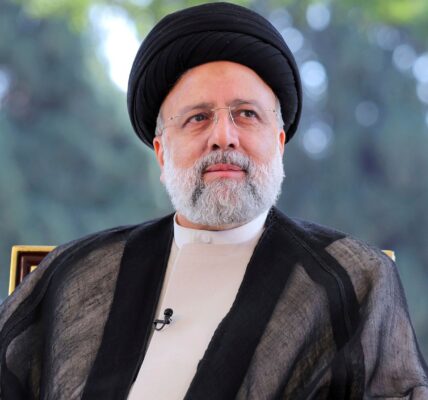
Israel has expanded its military operation in Lebanon with up to 15,000 members of the Israeli Defence Forces on the ground in the country.
The disclosure came just hours after the IDF announced it had claimed to have killed a senior Hezbollah figure in Beirut.
The IDF said that it had killed Suhail Hussein Husseini, who ran Hezbollah’s headquarters in Beirut, in airstrikes on Lebanon’s capital and other areas overnight.
On Monday alone, the IDF’s air force hit the country 120 times in attempts to destroy Hezbollah’s weapons arsenal.
The IDF also announced that it was expanding its ground incursion in the southwest of Lebanon, when previously it was focused on the southeast.
So far, IDF commandos and some other specialist units have made incursions into a number of border areas, in what was initially described as a “limited, localised” operation.
But the number of divisions deployed has gradually risen. A fourth division was sent in on Monday night — bringing the total number of troops inside Lebanon to 15,000, according to one estimate.
The IDF also issued a warning to residents not to approach the beach or put to sea in a strip of coastline covering the southern third of the country, suggesting that it might be preparing for an attack from the sea.

Some 85 rockets were launched from Lebanon at the Israeli coastal city of Haifa on Tuesday, in the heaviest barrage targeting the port since the start of the war.
Air defence missiles were fired to intercept the attack, but some rockets and shrapnel reportedly fell in the city, causing damage. There were no immediate reports of injuries, however.
Cross-border fire in both directions continued on both Israel’s Gaza front and Lebanon on Monday, the first anniversary of the October 7 Hamas attack, which killed 1,200 people. Despite a year of attrition of its forces in Gaza, Hamas managed to fire several rockets at Tel Aviv, injuring two women.
The group insisted that it would fight on, despite the losses of much of its leadership, thousands of fighters and civilians killed and the devastation of most of Gaza.
Hamas has suffered tactical losses but Israel has suffered strategic losses, Khaled Meshaal, the group’s most senior remaining political leader, said in a television interview marking the anniversary.
“We go through phases where we lose martyrs and we lose part of our military capabilities, but then the Palestinian spirit rises again, like the phoenix, thanks to God,” he said in a separate interview with Reuters.
Israel is now starting ground operations in the north of Gaza, being forced to clear territory it has previously seized as Hamas fighters continue to stage attacks from their tunnel network.
In Hezbollah’s case, Israel has decided that it can exploit the weakness created by the killing of almost the entire leadership of the group to reduce or obliterate its long-term military threat.
Experts believe Israel is weighing up the extent to which it will try the same strategy with Iran, the backer of both Hamas and Hezbollah. It has been given the green light by the White House to retaliate for Iran’s ballistic missile attack on Israel last week.
However, it is not clear yet whether it has decided merely to punish Iran with strikes on some military bases, or to make a serious effort to weaken its standing by trying to destroy its nuclear facilities and other key targets.

